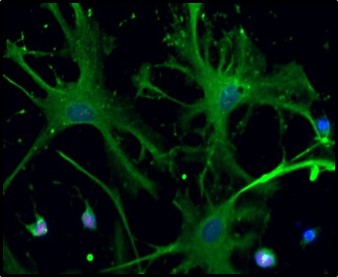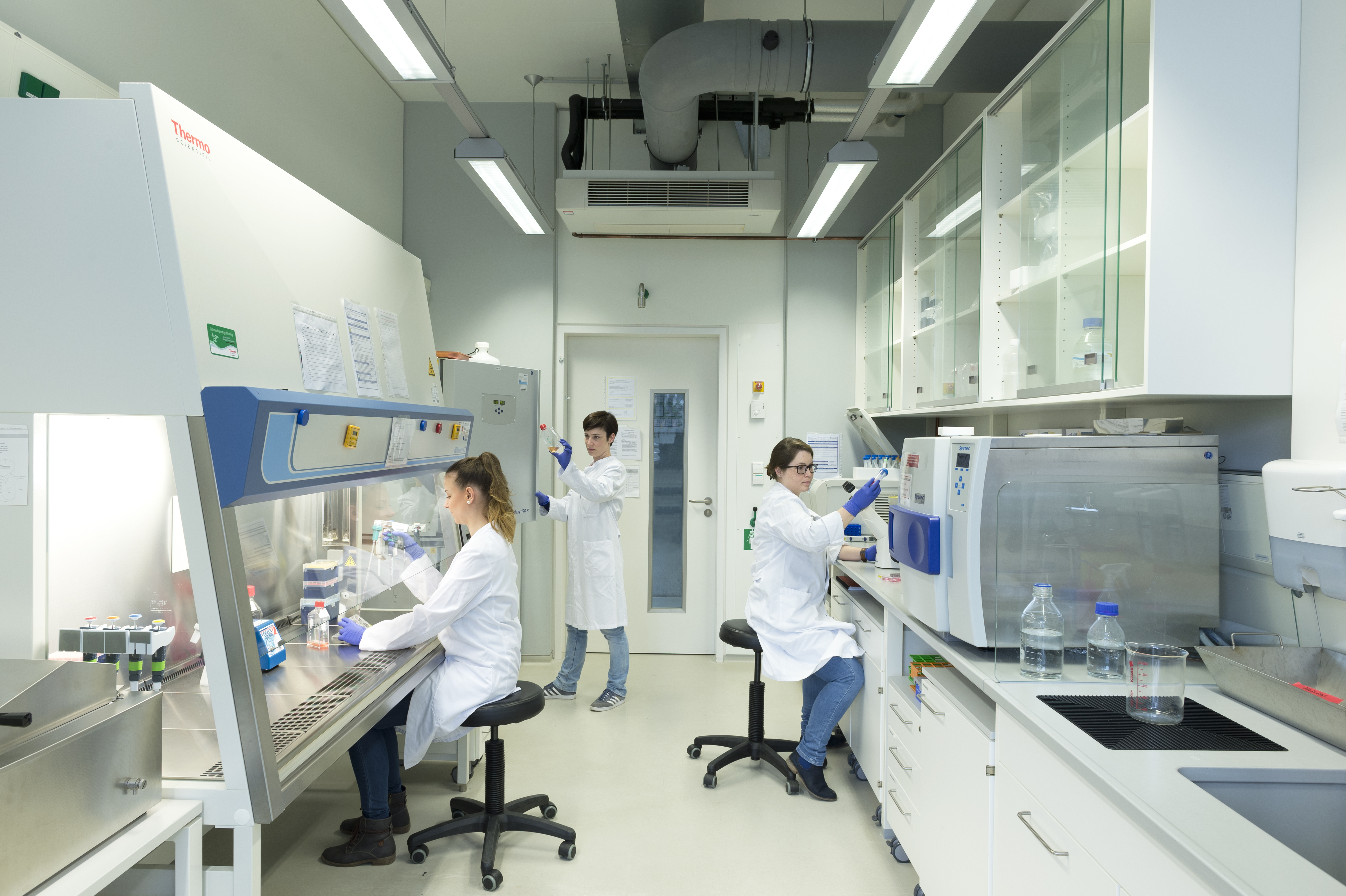The human body hosts a large number of microorganisms, which in totality are referred to as microbiome. Some of these symbiotic bacteria have a significant influence on the structure and function of the host’s immune system. The regular interaction of the immune system and components of the microbiome leads to a "physiological inflammatory reaction", which in turn triggers strong adaptive immune responses.
The human intestine represents an important part of the immune system and an imbalanced intestinal immune system plays a central role in the development and maintenance of autoimmune diseases. Up to 100 different autoimmune diseases have been identified to date, and incidences of autoimmune and atopic diseases are rapidly increasing. Fifty million people suffering from autoimmune diseases and 60 million asthmatic or allergic people can be found in the United States alone. Hence, a new therapy to restore immune tolerance through targeted microbiome correction offers great economic potential.
New efficient and well-tolerated treatment options are urgently needed
Due to the typically chronic course of immune diseases treatments and therapeutic approaches continue to be a challenge. Patients often require long-term drug therapies as well as immunosuppression, with sometimes severe effects.
In a previous research approach it was already shown that oral administration of a specific antibody to neutralize certain intestinal bacteria leads to direct modulation of the immune system or the immune response through changes in the intestinal microbiome. Initial experiments were also able to show a significant reduction in the disease severity in a mouse model of experimentally induced bronchial asthma compared to untreated animals.
 Fraunhofer Cluster of Excellence Immune-Mediated Diseases
Fraunhofer Cluster of Excellence Immune-Mediated Diseases
